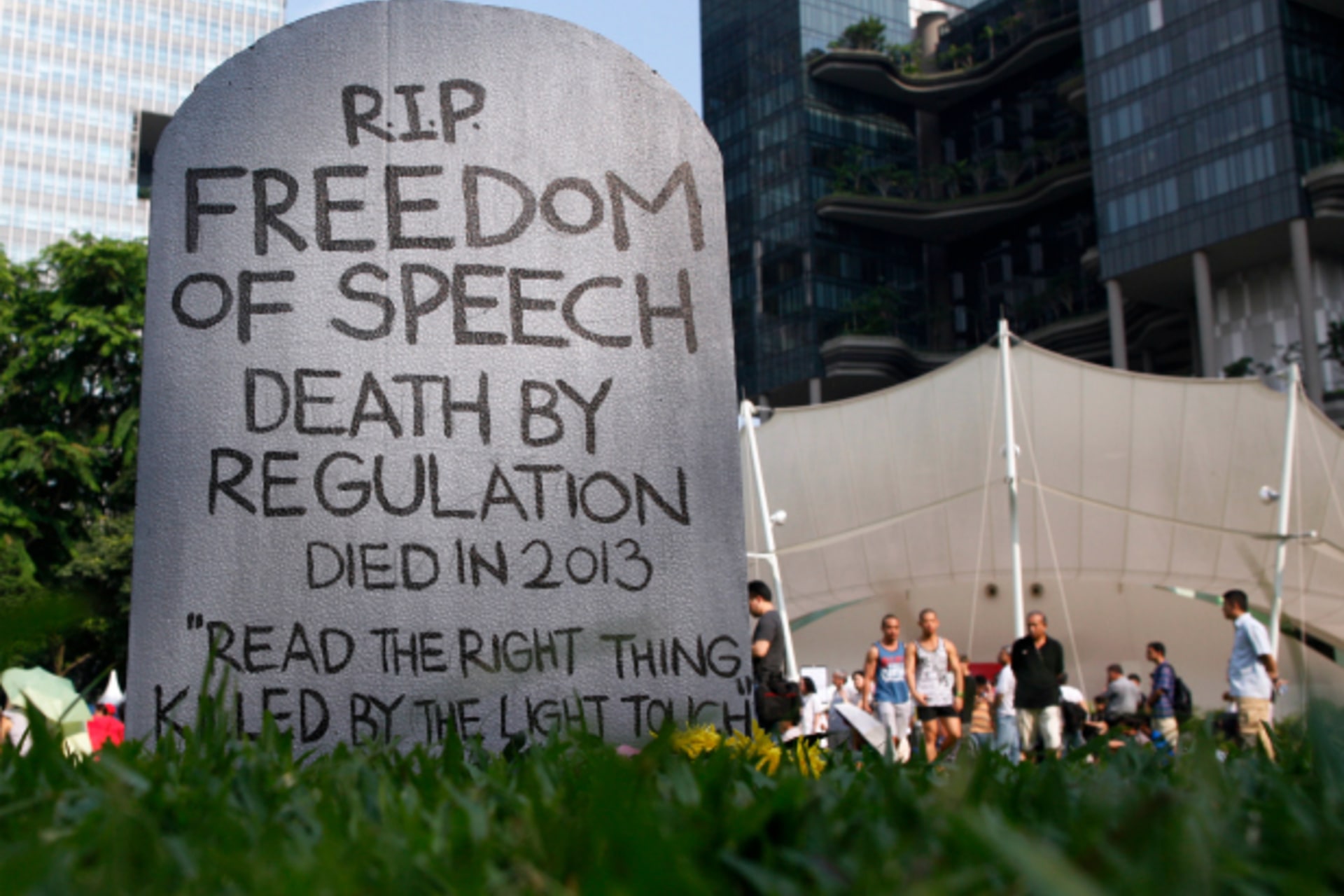Dangers Multiply for Human Rights in Cyberspace as RightsCon Approaches

By experts and staff
- Published
RightsCon takes place later this month in Brussels. Since its inception in 2011, RightsCon has been one of the primary gatherings where human rights activists, politicians, technologists, scholars, and businesses discuss issues at the intersection between human rights promotion and the internet. Unlike previous iterations, the stakes for this year’s event are undeniably higher given the current disruptive political environment that threatens human rights in real space and cyberspace.
Today, reading the RightsCon report from the 2016 meeting is surreal given what has transpired since. Brexit and Donald Trump’s election sent shock waves through the domestic politics of democracies, creating a tsunami of nationalism and populism in Europe and the United States dangerous to individual rights and international cooperation needed to protect rights globally. The post-coup crackdown in Turkey became emblematic of rising government repression around the world.
In its report for 2016, Amnesty International argues “the world in 2016 became a darker and more unstable place.” Last year, “the idea of human dignity and equality,” asserts Amnesty International, came “under vigorous and relentless assault from narratives of blame, fear and scapegoating, propagated by those who sought to take or cling on to power at almost any cost.”
This global assault involved repression of online speech and political activity. Freedom House concluded that 2016 marked the sixth consecutive year internet freedom has declined. Last year also witnessed governments, political parties, media entities and personalities, and individual leaders exploiting cyberspace to spread fear, deepen political divisions, incite intolerance, and disseminate false information. The “fake news” problem grew so bad that it became an urgent human rights challenge. The Russian “hack and leak” campaign during the U.S. election has alarm bells ringing about cyber-meddling in democratic elections, a development endangering the importance the Universal Declaration of Human Rights and the International Covenant on Civil and Political Rights assign to voting.
Compounding these problems are fears that nationalism and populism in democracies threaten the liberal international order built after World War II. This angst usually focuses on risks President Trump’s “America First” strategy presents to the military and economic pillars of this order just as China and Russia challenge American influence. But weakening the order also bodes ill for human rights. According to Robert Kagan, the liberal order supports “universal principles of individual rights . . . over ethnic, racial, religious, national, or tribal differences.” As frustrated as human rights advocates get with the liberal order, its fracturing would be a human rights nightmare in real space and cyberspace.
These seismic changes in domestic and international politics disrupt the contexts in which human rights problems must be addressed. The list of human rights issues in cyberspace was long and growing before the events of the latter half of 2016 and early 2017 unfolded. Earlier RightsCon meetings reflect the daunting challenges human rights activists, groups, and intergovernmental bodies faced in less poisonous and polarized political circumstances than prevail today.
But, even in more benign circumstances, progress—if achieved at all—proved difficult and, at times, ephemeral. Controversies sparked by Edward Snowden’s disclosures, such as the threat government surveillance poses for online privacy, remain contentious because, in part, many governments have increased their surveillance powers. The constellation of human rights issues in cyberspace associated with Snowden’s actions now seems quaint compared to what RightsCon 2017 has to navigate.
Most of those gathering in Brussels are hardwired for defiance in the face of threats to human rights. The most pressing questions target the United States and other democracies and seek answers about the direction of human rights policies in cyberspace. Experts have called on the Trump administration to support internet freedom. Drafts of a new executive order on cybersecurity contain language on internet freedom, but, as in many policy areas, finding consistency and concrete details in the administration’s approach to internet freedom is difficult.
Any initiatives on internet freedom would have to accord with the administration’s overall approach to human rights. On that score, the America First strategy provides little basis for optimism that President Trump will develop a coherent approach on human rights and integrate it across U.S. foreign policy. The furor over the administration’s immigration actions suggests domestic fights over individual rights might overshadow international human rights issues in U.S. policy for the foreseeable future.
So, with the United States distracted, perhaps it really matters that this year’s RightsCon is in Brussels because “the heart of European policymaking” is the best place for the “most impactful RightsCon yet.” The impact remains to be seen, but the multiplying dangers for human rights in cyberspace make the Brussels meeting the most important RightsCon yet.